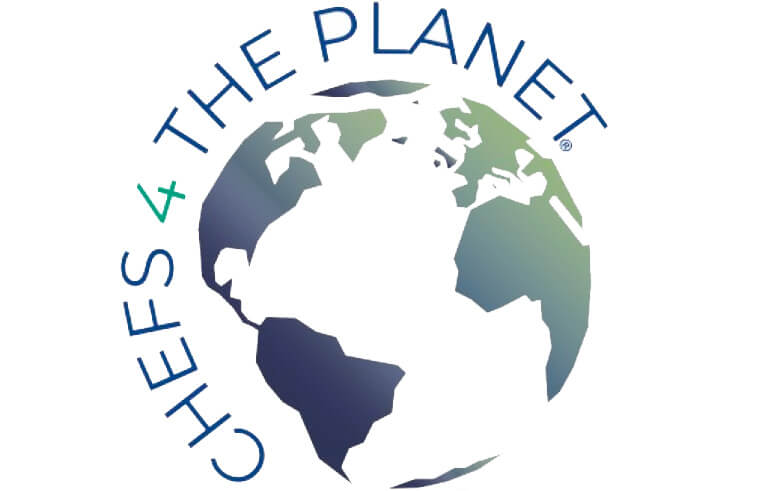In a square patch of dirt in my childhood backyard in California, my dad decided to plant a little piece of Mexico. There weren’t but a half dozen rows of white corn, but he tended to those stalks the same way he cared for the tiny jungle of potted plants he lined up around our patio: methodically and with care. “Around and around,” he’d remind me as I guided the hose from plant to plant, trying not to drown the mix of citrus trees, hibiscus plants, ferns, and other species that my dad grew as part of his landscaping business. It was one of my least favorite daily chores, but now I realize how my father used those moments to pass on small lessons about how to care for the world around us.
My dad worked as a gardener for Santa Barbara’s well-to-do, and my sisters and I helped him with tasks like weeding and raking after school and on weekends. It was a purposeful decision by my parents to instill a work ethic in us. In Mexico City during the 1960s, my dad owned a small chain of tortilla mills that he supplied with corn he bought directly from local farmers in the states surrounding the country’s capital.
Although I was not born in time to witness this era, my dad would talk often about his battle to improve the quality of tortillas sold to the public. Corn, both a basic staple of the Mexican diet and a symbol of the country’s indigenous roots, allowed my dad, who grew up poor and never went to college, to become a successful entrepreneur. Yet, while he won the battle — producing some of the finest tortillas in Mexico City at the time, with lines of customers winding around city corners — he ultimately lost a war with the Mexican government, and this eventually drove him out of business. He immigrated to the United States to start fresh, but he never lost that connection to the land: His springtime plantings would produce a bounty of fresh corn for us in the summer. When I was in high school, we moved on to plant a full-fledged garden. My mom would pluck the blossoms off the squash we grew, simmer them in tomatoes, onions, and chiles, and then tuck it all into a handmade tortilla.
My parents taught me early not to waste, because we had little to spare. Later, as an adult reporting stories along the U.S.-Mexico border, I came to see just how ingrained this value is among Mexico’s working class. It’s reflected in how they squeeze the most from the food they have. In Tijuana, along the hillside shantytowns where residents tended their own corn patches, I watched in awe as one grandmother scraped the fungus known as huitlacoche, which grows on corn kernels, and added it to the gooey, melted cheese of the quesadillas she made the day I visited. What I might have initially dismissed as ruined, moldy corn was actually a mushroom-flavored delicacy prized by the Aztecs.
Earlier this year, I wrote about how Latinos, and Mexican-Americans specifically, are inclined toward environmentalism because of their deeply-rooted conservation practices. After publishing that story, we asked Grist readers to share their own family environmental histories: the customs, habits, and practices that taught them how to reuse, recycle, and waste less.
The responses illustrated how important these lessons have been in shaping how our readers live today. Laís Santoro, a rising sophomore at Johns Hopkins University in Baltimore, noted that her Brazilian grandmother never throws away overripe bananas. Instead, she uses them to make Santoro’s favorite dessert, frying the bananas and sprinkling them with cinnamon and nutmeg.
“Those little things really taught me that we cannot waste because there’s always a way to use what you have. There’s always a way to make a more conscious choice in your life to consume what you need and what you’re going to use, so you minimize the new material things put into the waste system,” wrote Santoro, 19, who is studying public health and environmental studies. Santoro is involved in numerous environmental organizations, including the youth-led Sunrise Movement.
Read the rest here: https://grist.org/justice/when-it-comes-to-sustainability-the-path-forward-might-mean-looking-back/


